
Noise pollution can be a major source of stress and frustration, especially if you live in a busy urban area or near a loud highway or airport.
While there are many ways to reduce noise pollution, such as using earplugs or noise-cancelling headphones, a water fountain can be a natural and attractive way to create a peaceful and calming environment in your outdoor space.
How Water fountains Can Reduce Noise
Water fountains work to reduce noise in a few different ways. Firstly, the sound of moving water, such as a gentle flow or a gentle trickle, can be soothing and calming. This natural white noise can help to mask or drown out other loud or jarring noises, such as traffic or construction.
Secondly, water fountains can act as a physical barrier to noise. If you have a large water fountain, such as a pond or a fountain, it can help to absorb or deflect sound waves, reducing the volume of the noise. This is especially effective if you have a water fountain with a lot of surface area, such as a large pond with a wide rim.
Choosing the Right Water fountain for Noise Reduction
When choosing a water fountain for noise reduction, there are a few things to consider. Firstly, think about the size and shape of your outdoor space. If you have a small yard or patio, a smaller water fountain, such as a tabletop fountain or a wall fountain, may be more suitable. On the other hand, if you have a larger outdoor space, you may want to consider a larger water fountain, such as a pond or a waterfall.
Reducing Noise Through a Water fountain
Next, think about the type of noise that you want to reduce- whether its low low-frequency noise or high-frequency noise.
Reducing low-frequency noise
Noise pollution, especially low-frequency noise from sources such as traffic or construction, can be extremely disruptive to daily life and affect one's health. Incorporating a water fountain into your landscape design could be a simple solution.
Water fountains, such as fountains or waterfalls, not only enhance the aesthetic appeal of a space but also help to reduce low-frequency noise. The sound of flowing water creates a soothing and relaxing atmosphere that masks unwanted noises. This natural sound barrier not only reduces the volume of low-frequency noise but also creates a more tranquil environment.
There are various types of water fountains that can be used to reduce noise pollution. For example, a wall fountain can be installed in a backyard to block out traffic noise from a nearby street. A pond or a pool with a waterfall can also be added to a landscape to provide a peaceful ambiance. These water fountains can be designed to fit any outdoor space and can be customized to match the style of the surrounding area.
In order to maximize the noise-reducing benefits of a water fountain, it is important to consider the location and design of the feature. A water fountain should be placed close to the source of the unwanted noise in order to effectively mask it. It is also important to choose a design that creates the maximum amount of water movement, as the sound of moving water is more effective in reducing noise than still water.
In addition to reducing noise pollution, water fountains also provide other benefits. They can help to increase property value, provide a calming and relaxing environment, and improve air quality by increasing humidity levels. They can also attract wildlife, such as birds, which can further enhance the aesthetic appeal of a space.
Reducing high-frequency noise
High-frequency noise can be a major source of annoyance and distraction in our daily lives, particularly in urban environments. This type of noise, often caused by sources such as airplane traffic or loud alarms, can be difficult to block out and can have negative impacts on our health and well-being. Incorporating a water fountain into your outdoor space could help.
A design that creates a high level of water movement, such as a fountain or a waterfall, will be more effective in reducing high-frequency noise compared to a still body of water like a pond.
It's important to note that while water fountains can be effective in reducing high-frequency noise, they may not completely eliminate it. Additionally, they may not be the best solution for everyone, as some people may find the sound of flowing water to be too noisy or distracting.
Final thoughts
Finally, consider the overall style and aesthetic of your outdoor space. While a water fountain can be an effective way to reduce noise, it should also fit in with the overall look and feel of your garden or patio. Choose a water fountain that complements the style and theme of your outdoor space, and consider adding plants, rocks, and other natural elements to create a cohesive and attractive environment.
Related Articles
How to Remove White Scale from Your Water Feature
Preventing Algae in Water Fountains: A Complete Guide
Winterizing Outdoor Water Fountains: A Complete Guide


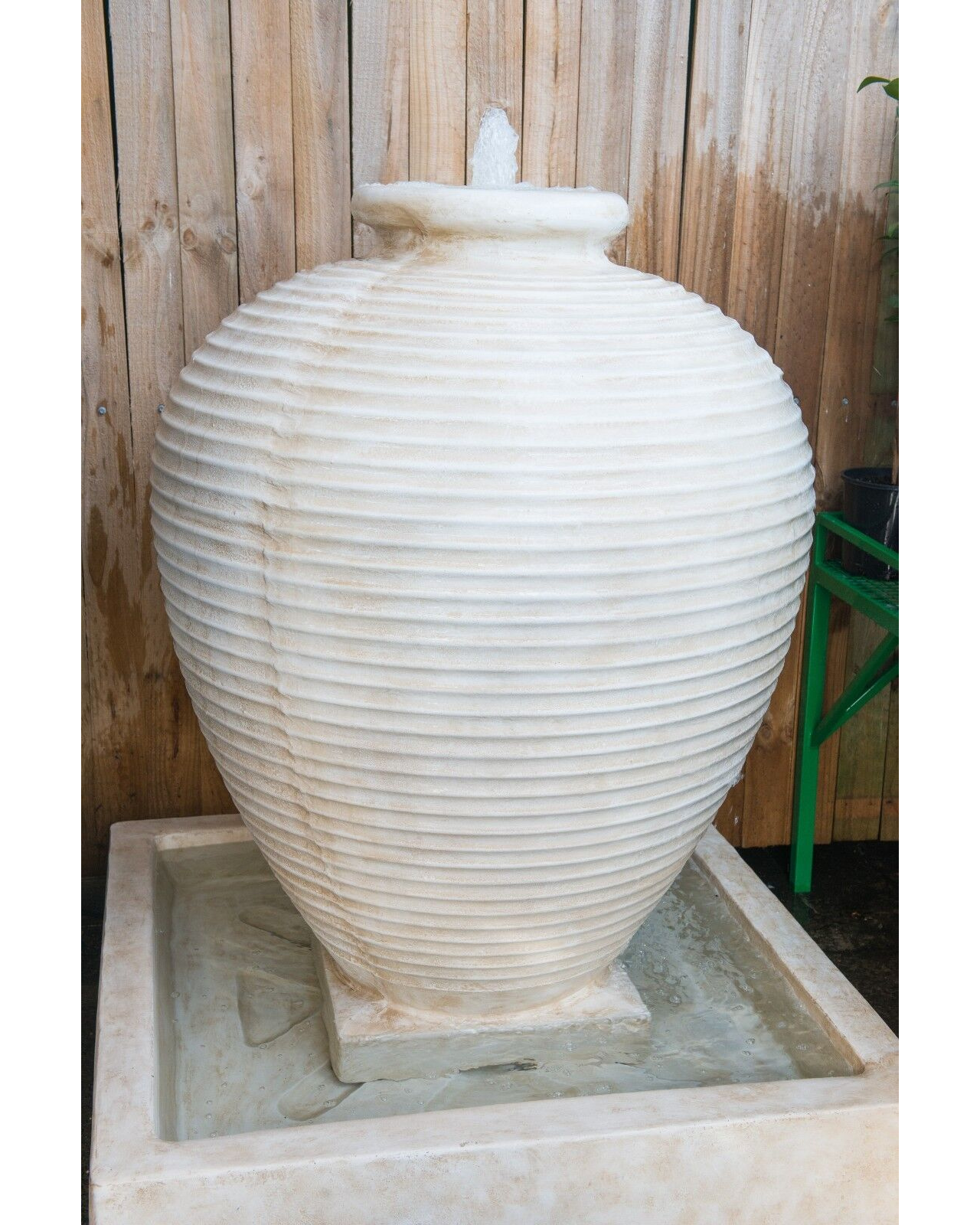

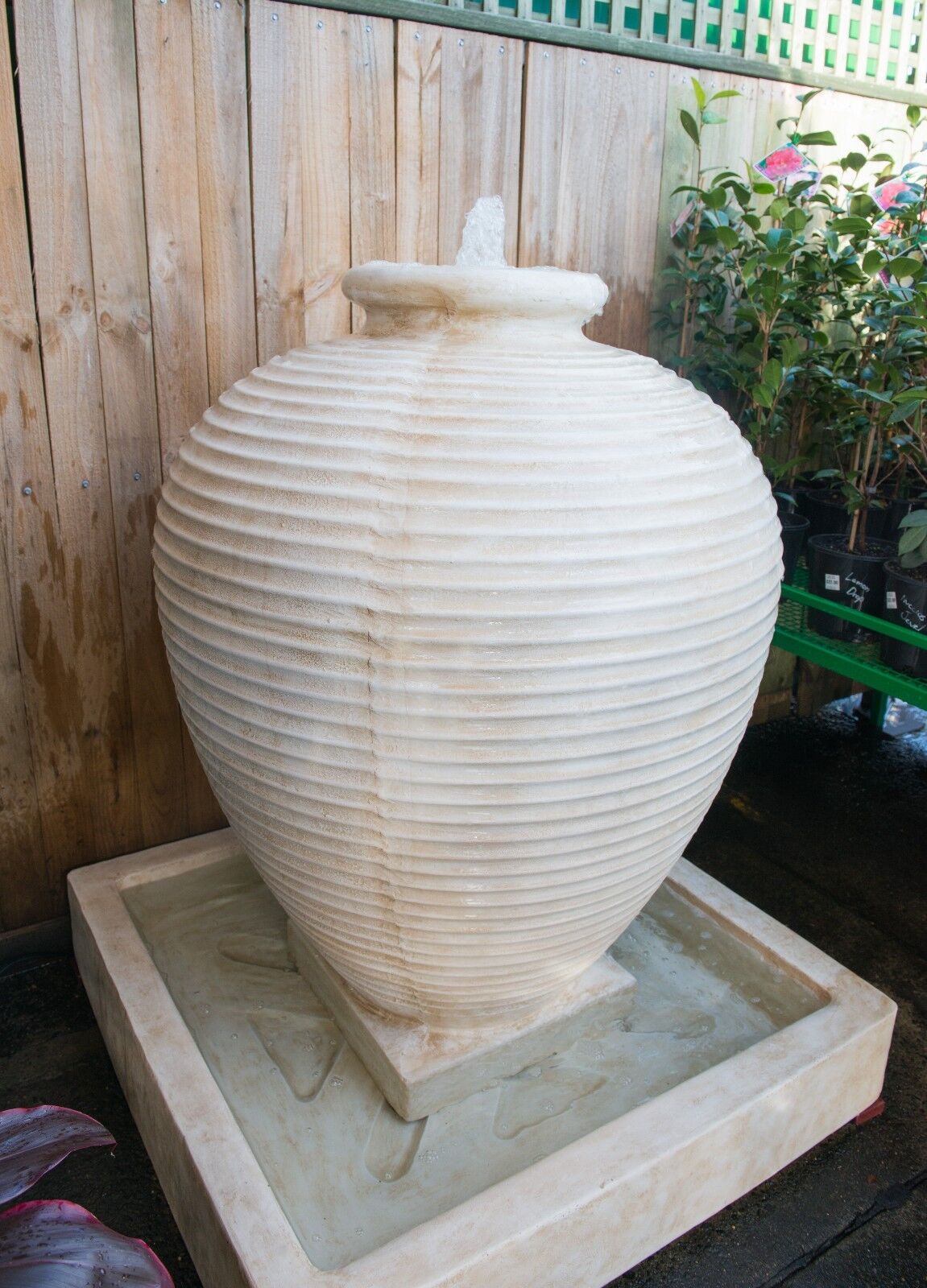
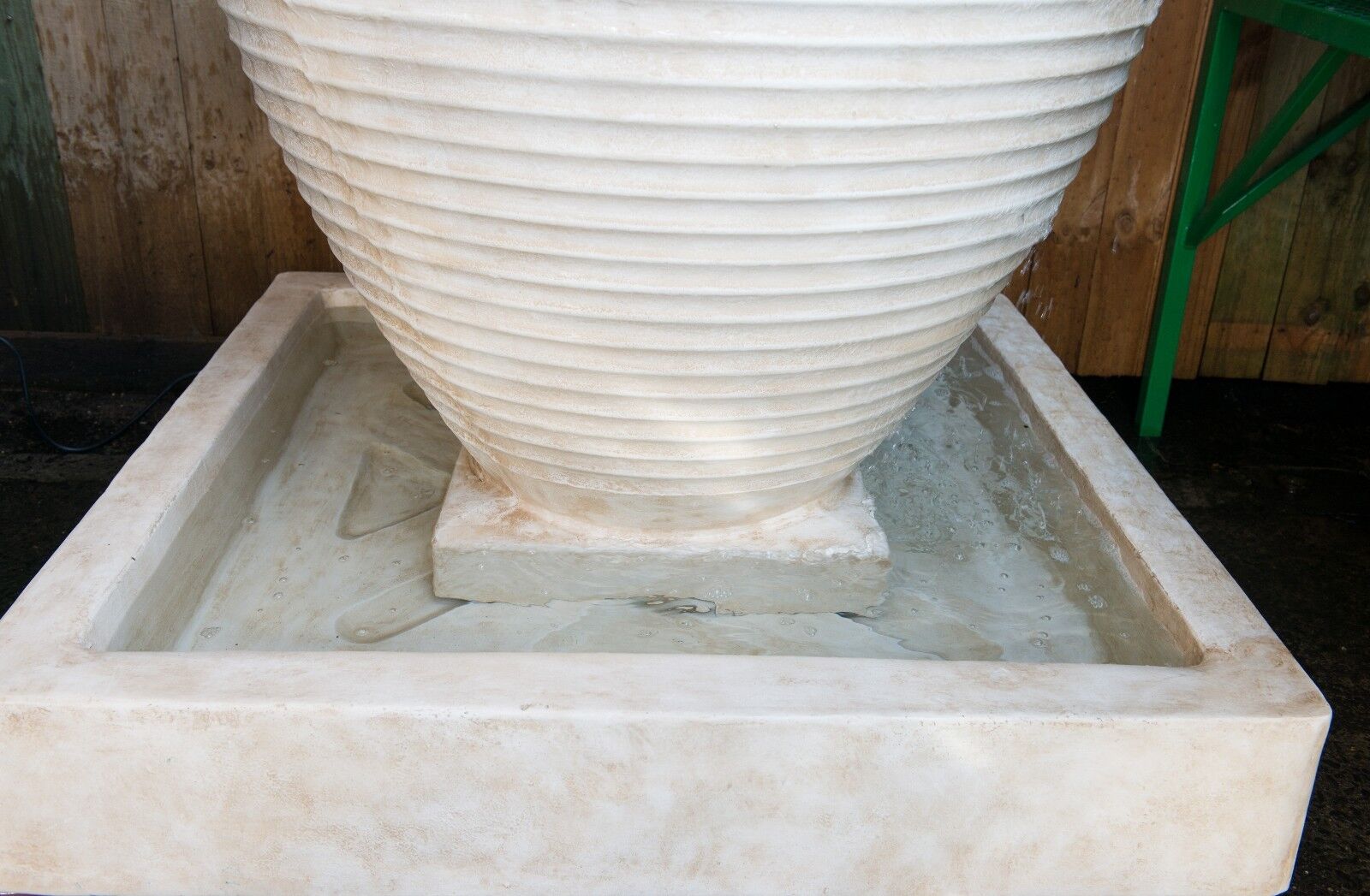
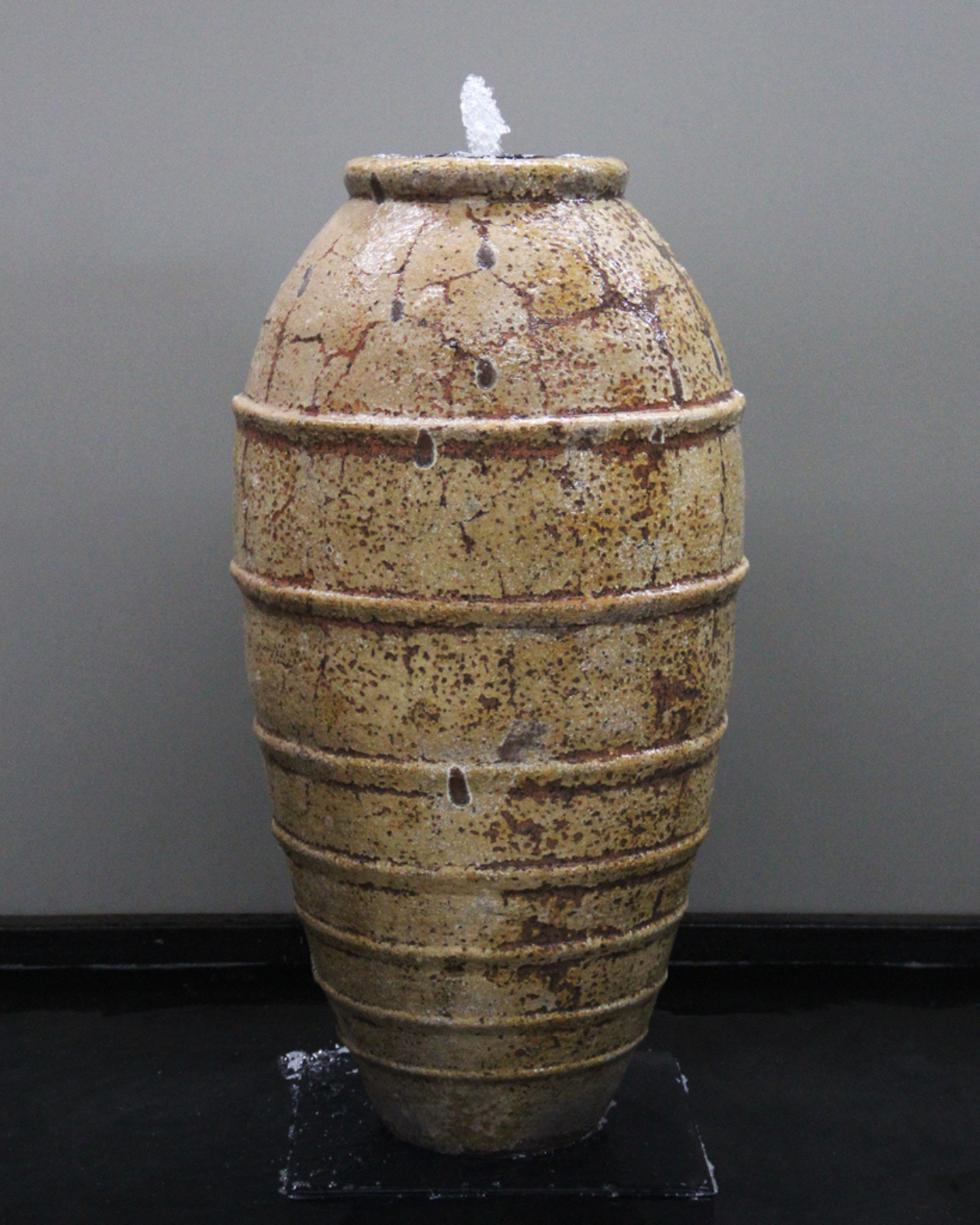

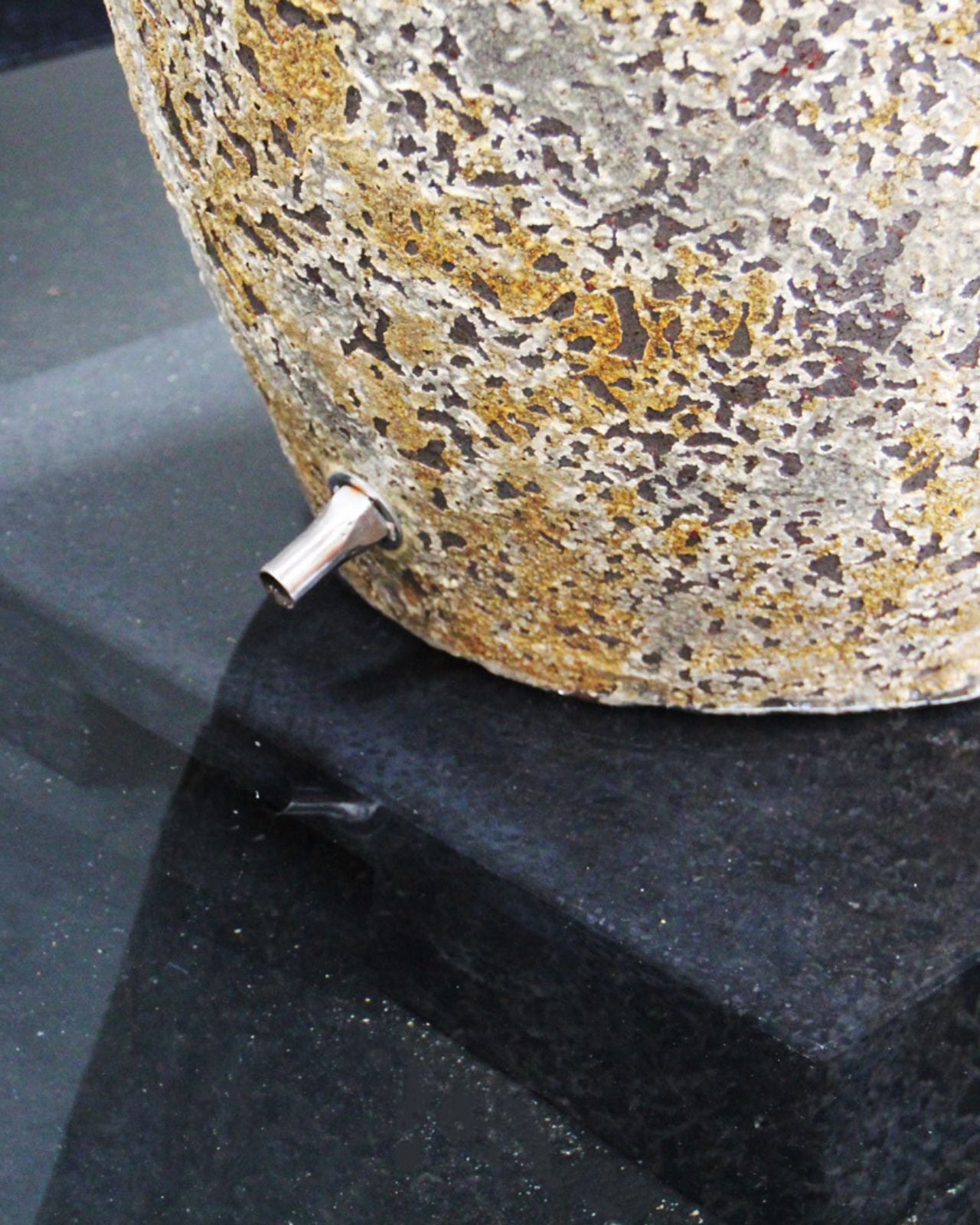
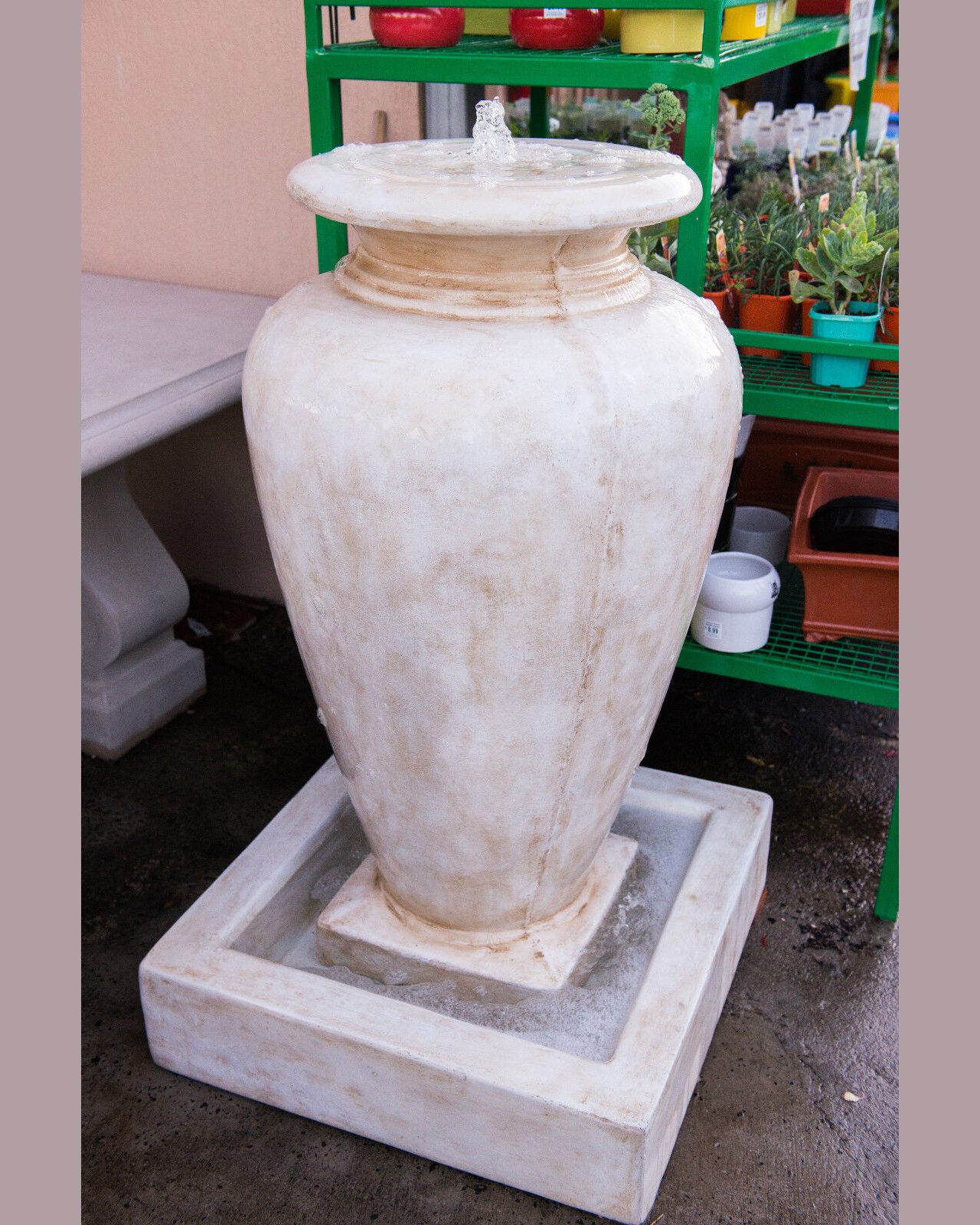

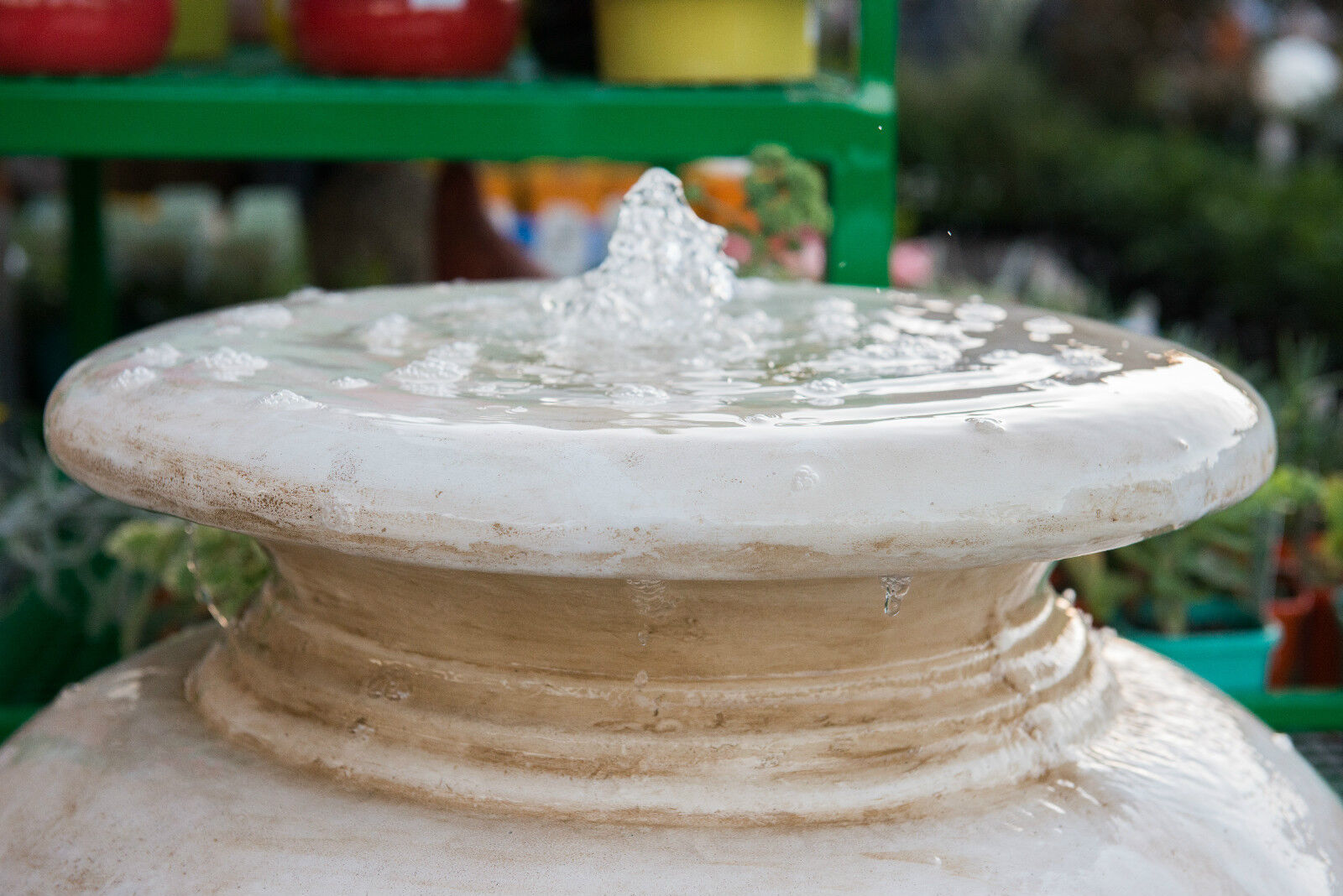

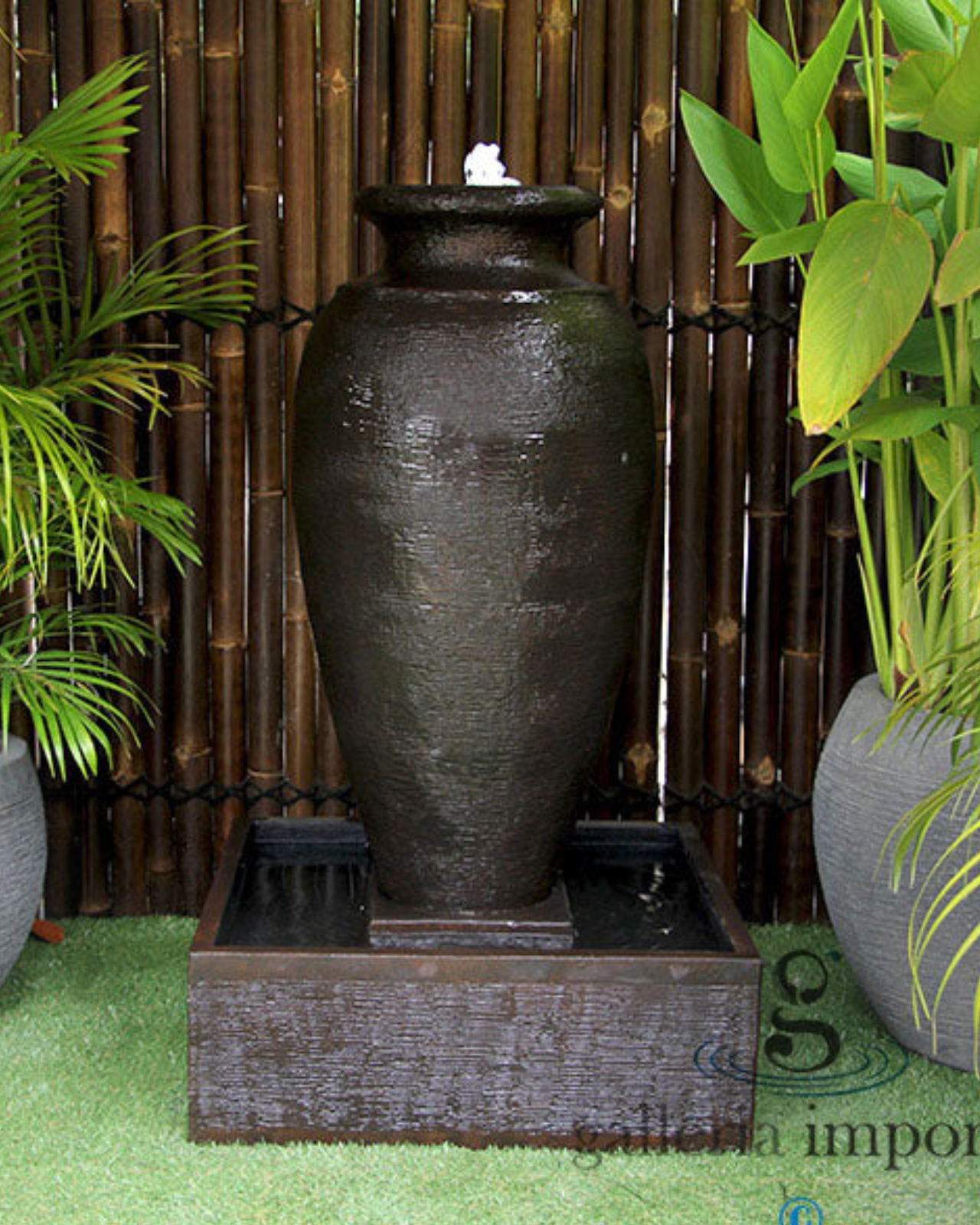

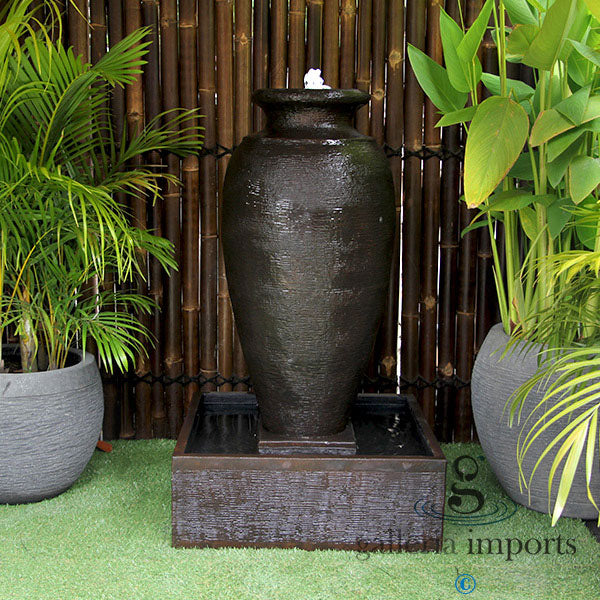
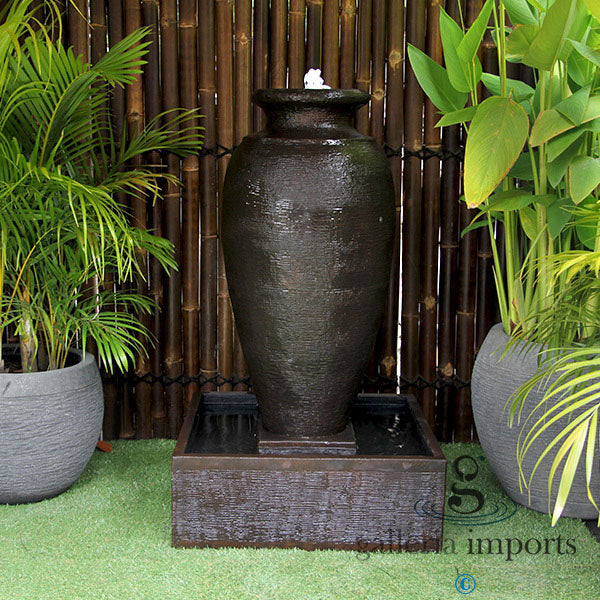
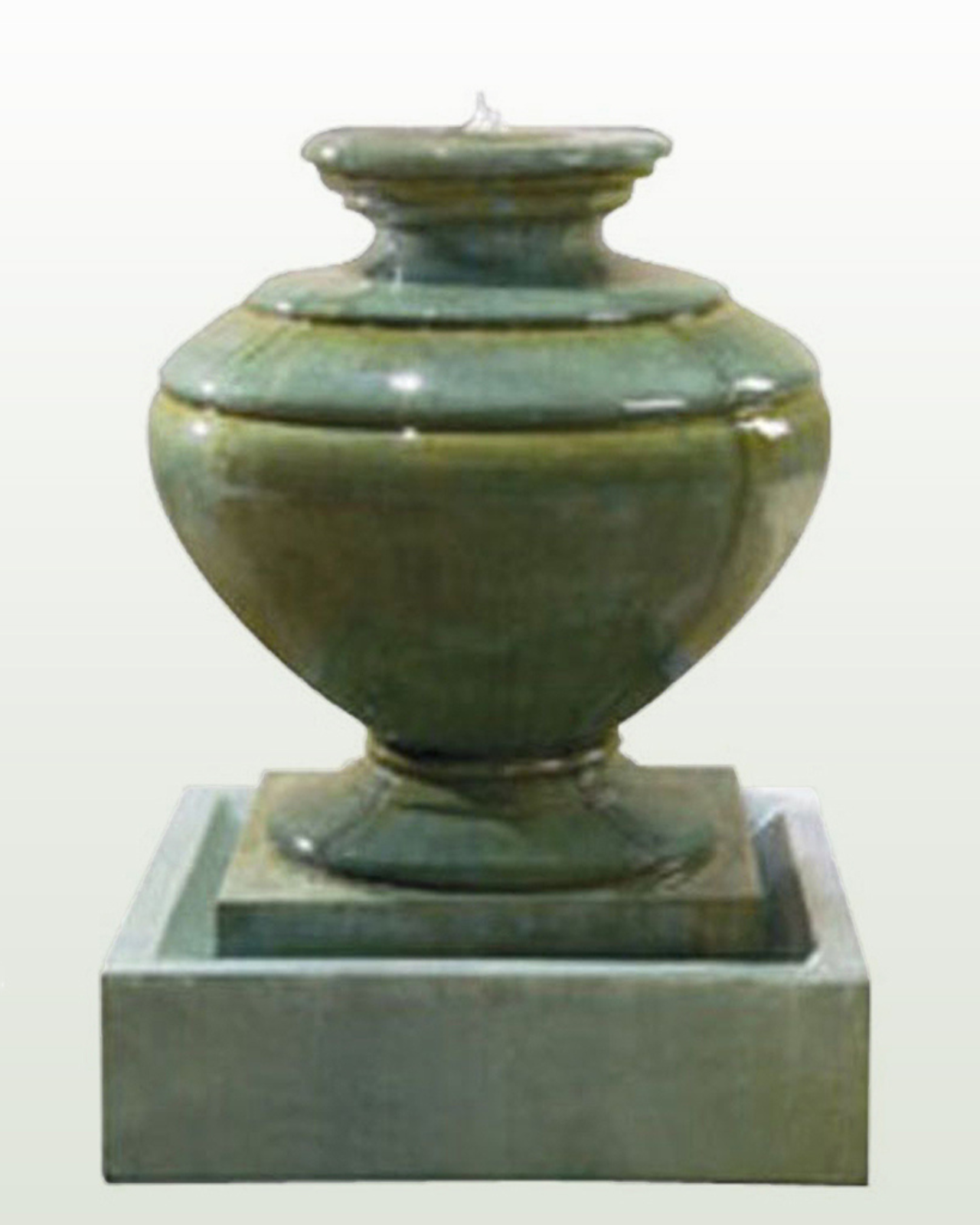
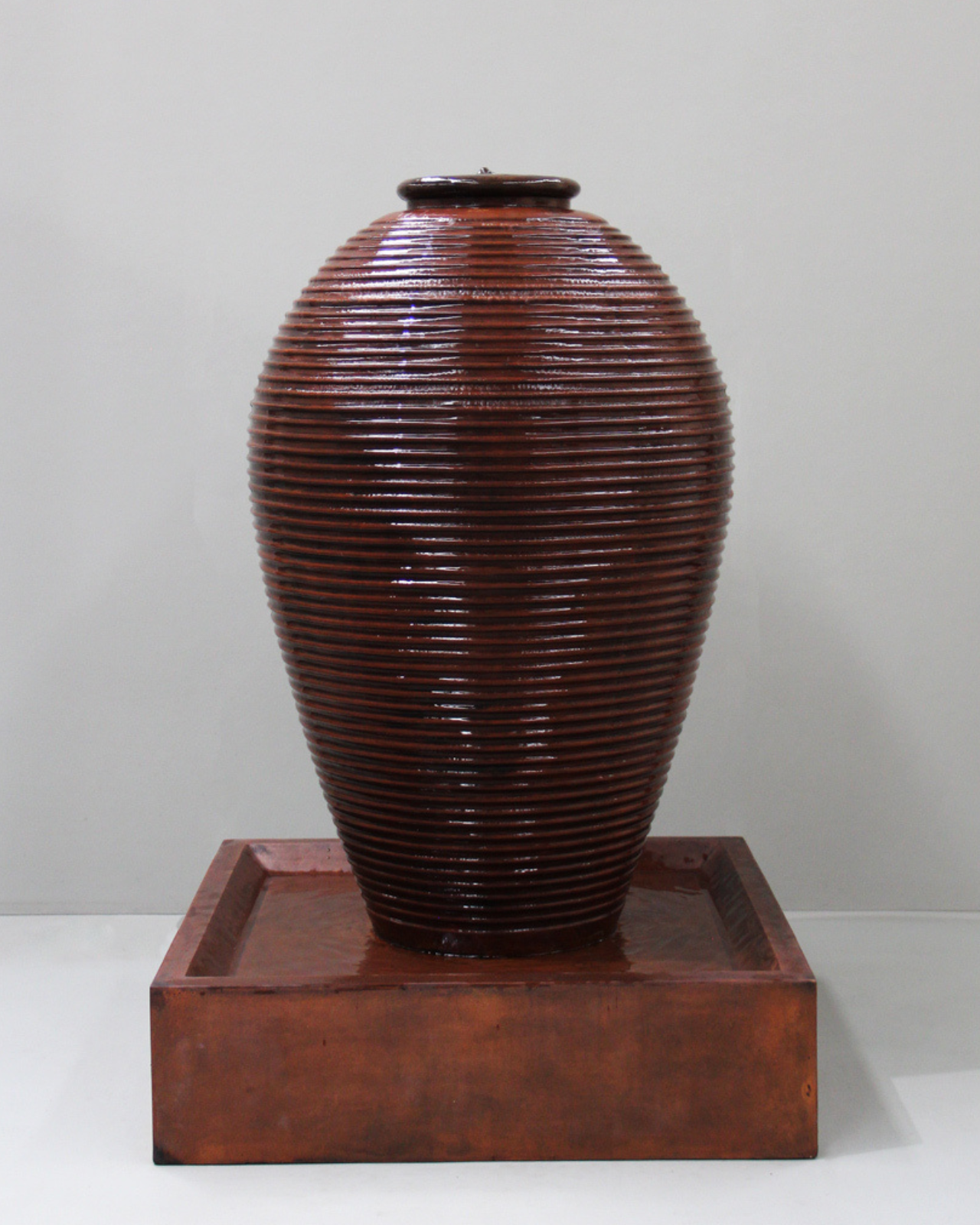
Share:
Preventing Algae in Water Fountains: A Complete Guide